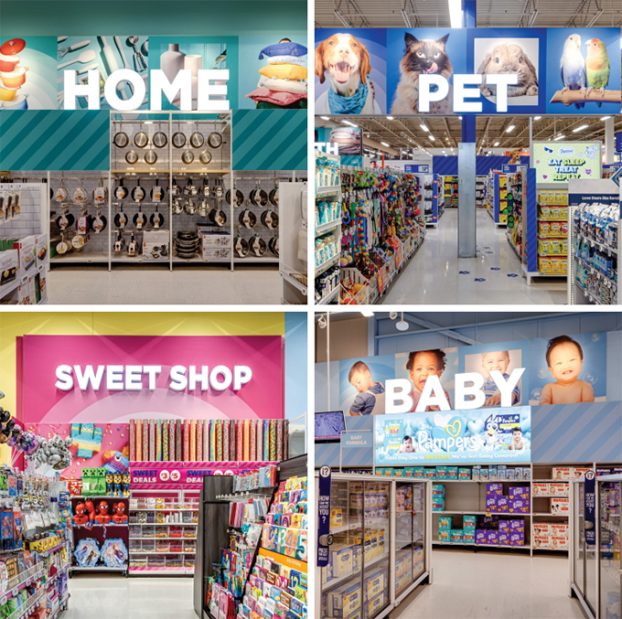As the business world takes incremental steps towards returning to normal, one thing remains top-of-mind for the country’s employers and employees: how and when everyone will return to work in the post-COVID era.
The anticipation and unknown of what’s to come has even begun having an impact on Canadians’ mental health and wellbeing, which was already in a delicate state thanks to the prolonged isolation, financial difficulties and fears associated with the pandemic.
At the time of LifeWorks’ June Mental Health Index (conducted from May 28 to June 4), 25% of Canadians were unclear about their employer’s plan for return to work, while 12% did not believe their employer even had a plan.
In addition, 12% of people said they have always worked from home and are thus currently facing the least amount of change, leading them to have the most favourable mental health scores. More positive mental health scores were also recorded among the 6% who believed their employer would be flexible regarding where they work in the future. But 38% of respondents believed their employer would want everyone to return to their pre-pandemic environment.
“As flexibility and hybrid work environments become part of everyday life, yet another workplace transition is likely to cause increased mental strain among working Canadians,” noted Stephen Liptrap, LifeWorks president and CEO, in a release.
The current situation has forced employers to grapple with the reality that the majority of Canadians want to maintain a degree of flexibility at work – a finding backed-up by a recent report from Accenture.
Released last week, the Canadian findings of the consultancy’s global future-of-work report found that 61% of Canadians prefer a hybrid or remote work model.
In line with the LifeWorks report, Accenture’s research suggests many Canadians are currently in a fragile state of mind. While the global report found 42% of people “thriving,” only 26% Canadians identified as such, showcasing less optimism and more fatigue in their workforces compared with their global peers. Only 28% of Canadians feel their companies are meeting their emotional health needs (compared to 36% globally), and only 26% say the same about their physical health needs (compared to 34% globally).
The good news, according to Accenture’s findings, is that 37% of Canadians believe they can be productive and healthy while primarily working remotely. Another 41% feel they can be productive and healthy anywhere – either fully remote or on-site or a combination of the two.
“Canadians have adapted and have quickly become the ‘productive, anywhere’ worker,” noted Janet Krstevski, managing director and Canada talent and organization/human potential practice lead at Accenture. “However, the state of Canadians’ mental health is concerning and as responsible leaders, we need to advance the future of work dialogue to be not just about location, but to also address what drives the productivity, health and resilience of Canadian workers.”
The firm’s research suggests having access to the right resources, including those that support job autonomy and positive mental health, is part of what distinguishes workers who are productive anywhere from those who feel disconnected and frustrated (11% of those surveyed) in the same context.
But the companies that successfully navigate that shift also stand to reap substantial financial benefits. According to Accenture, 56% of high revenue growth companies in Canada have already enabled productivity anywhere workforce models.























